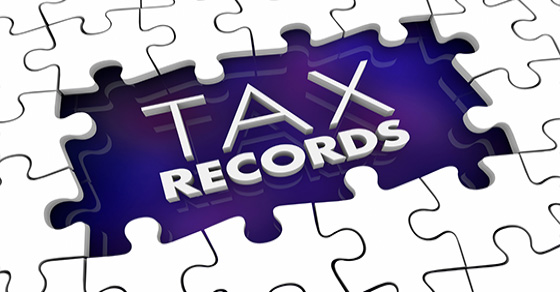

October 15 is the deadline for individual taxpayers who extended their 2019 tax returns. (The original April 15 filing deadline was extended this year to July 15 due to the COVID-19 pandemic.) If you’re finally done filing last year’s return, you might wonder: Which tax records can you toss once you’re done? Now is a good time to go through old tax records and see what you can discard.
At minimum, you should keep tax records for as long as the IRS has the ability to audit your tax return or assess additional taxes, which generally is three years after you file your return. This means you potentially can get rid of most records related to tax returns for 2016 and earlier years.
However, the statute of limitations extends to six years for taxpayers who understate their adjusted gross income (AGI) by more than 25%. What constitutes an understatement may go beyond simply not reporting items of income. So a general rule of thumb is to save tax records for six years from filing, just to be safe.
Keep in mind that these are the federal tax record retention guidelines. Your state and local tax record requirements may differ. In addition, lenders, co-op boards and other private parties may require you to produce copies of your tax returns as a condition to lending money, approving a purchase or otherwise doing business with you.
Contact your DDK Tax Advisor if you have questions or concerns about recordkeeping.

